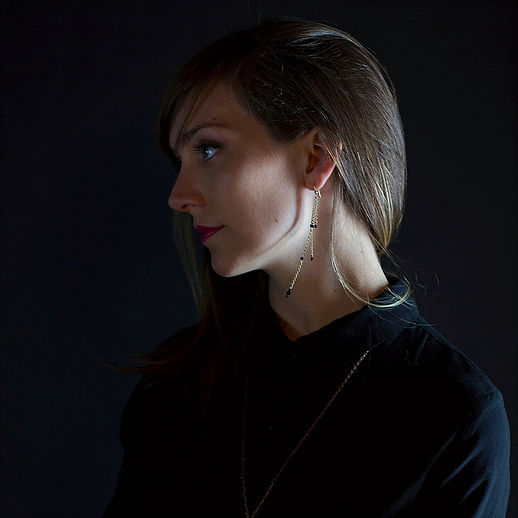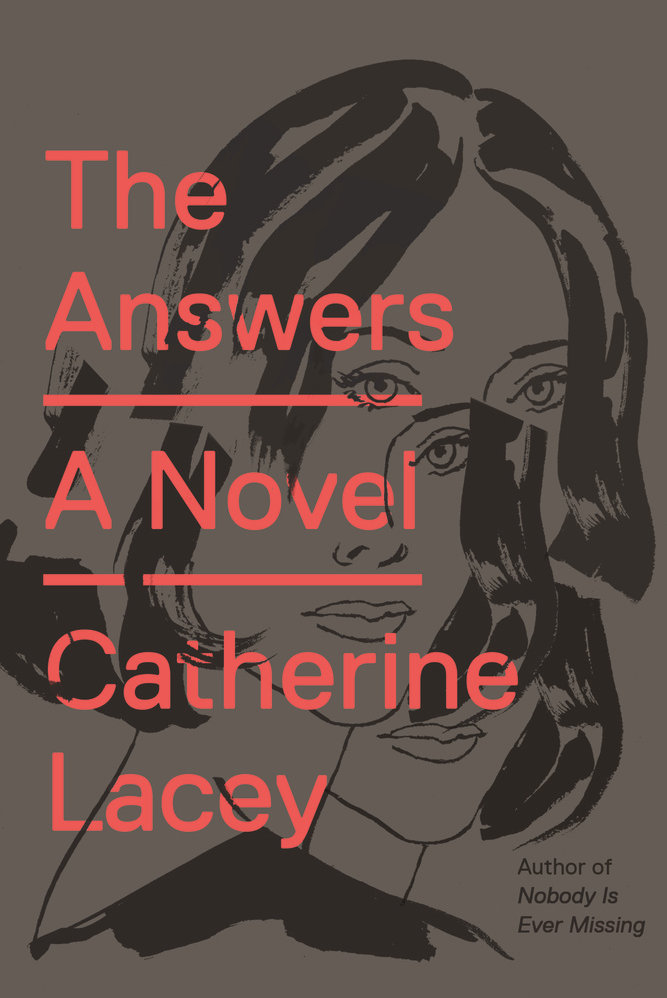Interview: Catherine Lacey

Photo credit: Willy Somma.
Midwestern Gothic staffer Kathleen Janeschek talked with author Catherine Lacey about her book The Answers, constructing the ideal relationship, marbles vs. dog shit, and more.
**
Kathleen Janeschek: What is your connection to the Midwest?
Catherine Lacey: A rather tenuous one. In the last couple years I’ve been traveling almost constantly, but I moved my home base to Chicago in 2016 because it’s where my partner, Jesse Ball, lives and teaches. However, I quickly whisked him off to Missoula, Montana where I was teaching for a semester. Now we’re back. So, the last year has been a rather midwestern one. We even drove through a blizzard.
KJ: Both of your novels have been set in New York City, but you live in Chicago. What inspires you to write about one city while living in another?
CL: Because book publishing takes so long, I actually wrote all of The Answers while I was living in New York, which was home for nine years. Half of the first one is set in New Zealand, which I wrote because I had been to New Zealand and wished I had never left.
KJ: Your latest novel, The Answers, centers on Mary, a woman who suffers from chronic pain. How did you approach the subject of chronic pain? What kind of research did you do?
CL: Having a body, as vulnerable as anyone’s, is enough research if you pay close enough attention. I’ve never been as ill as Mary is at the book’s opening, but I’ve had some frustrating health problems that gave me a window into what that would be like.

KJ: Another character of the novel is Kurt Sky who is attempting to create the perfect girlfriend by having a multitude of women each portray different aspects of a relationship. What inspired you to write about someone who viewed relationship in fragments?
CL: When I began writing the novel in 2013 the idea and impossibility of constructing some sort of ideal relationship was on my mind, so it came out in my work. It’s actually not clear to me whether Kurt thinks of all the women he’s hired as a “the perfect girlfriend.” He is, at least, hoping that the experiment will make discoveries that could make a “perfect” relationship possible.
KJ: Do you consider this portrayal a commentary on human connections in modern life?
CL: No.
KJ: Why did you choose to make the middle section of the novel – the part dominated by Kurt’s girlfriend experiment – third person, while keeping the opening and ending sections first person?
CL: I just had this sense that the perspective needed to shift in order for the scope of the book to function as it does now. I fumbled around with other ideas, but this is the one that took.
KJ: The Answers manages to be both an emotional narrative and a big ideas book. How do you balance plot and concepts in your writing?
CL: I honestly do not know. I’ve learned everything by accident. When I write I tend to feel like I am bushwhacking instead of following a path.
KJ: Though definitively literary fiction, The Answers has science fiction vibes. What are some of your science/speculative fiction influences?
CL: I can think of three books that influenced, directly and indirectly, this aspect of The Answers: Helen DeWitt’s Lightening Rods; Kobe Abe’s The Face of Another and Yevgeny Zamyatin’s We. My knowledge of real science fiction is pretty limited, though.
KJ: How has writing your second novel compared to the first? Do you think you’ve learned anything?
CL: Writing the first one sort of felt like I was wandering around blindfolded, wearing big mittens, trying to pick up marbles off the floor without slipping on them in the process. Writing the second novel…well, honestly it was pretty much the same thing except I realized halfway through it that a third of the marbles I’d picked up were actually little hardened pieces of dog shit and I had to throw them away and find more marbles. In the year and a half since I finished writing The Answers I have been working very differently, so maybe it took two novels to learn something? I don’t know if I can describe what is different now, but something is different and I’m happy about it. I’ll probably unlearn it and have to learn some other way to be.
KJ: What’s next for you?
CL: I’ll probably walk my dog and go to the bookstore. Later it will be time for dinner. The sun will go down, then come up. Then it will be time to sit and think for a while.
**
Catherine Lacey is the author of the The Answers and Nobody is Ever Missing. She was a 2016 Whiting Award winner, was a finalist for the NYPL’s Young Lions Fiction Award and has earned fellowships from the New York Foundation for the Arts, the Omi International Arts Center, the University of Montana. In 2017 she was named one of Granta’s Best Young American Novelists. Her work has been translated into German, Italian, Spanish, Dutch and French. Her first short story collection, Certain American States, will be published in 2018.






